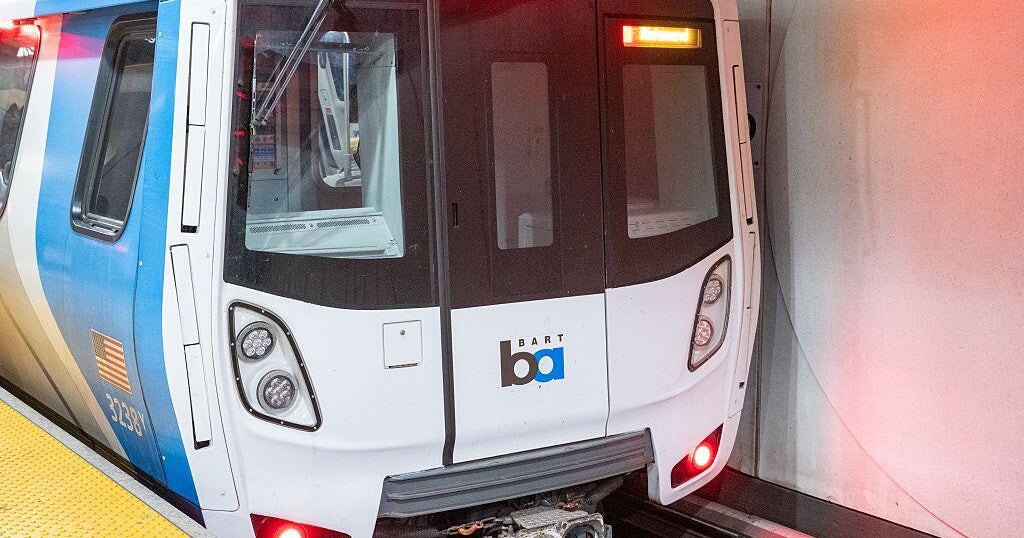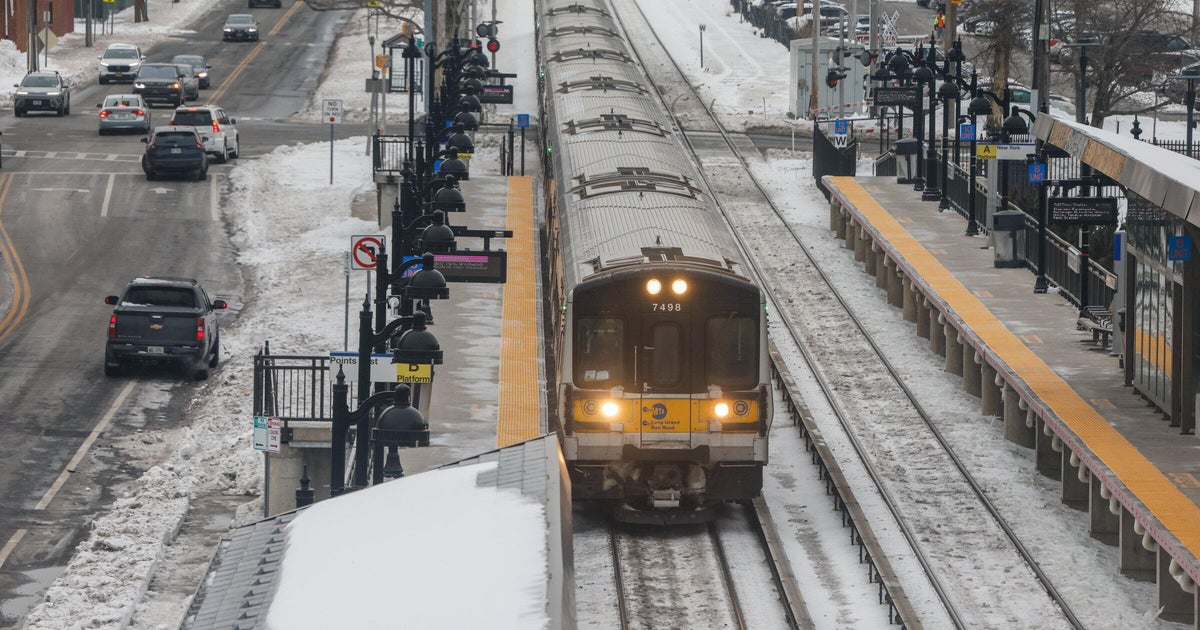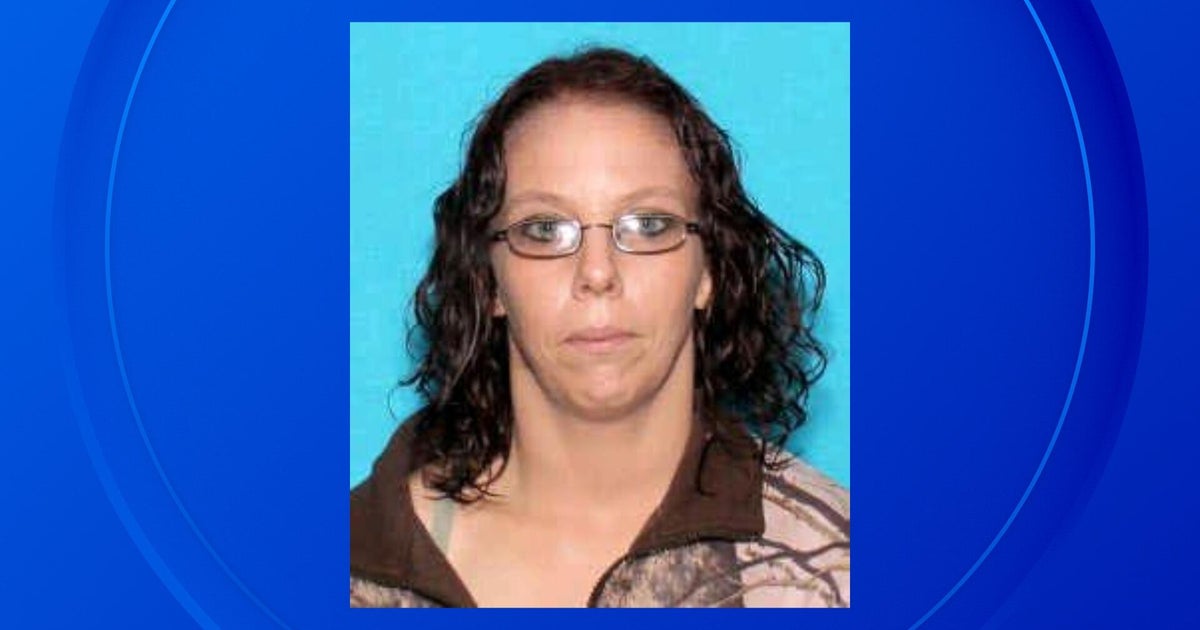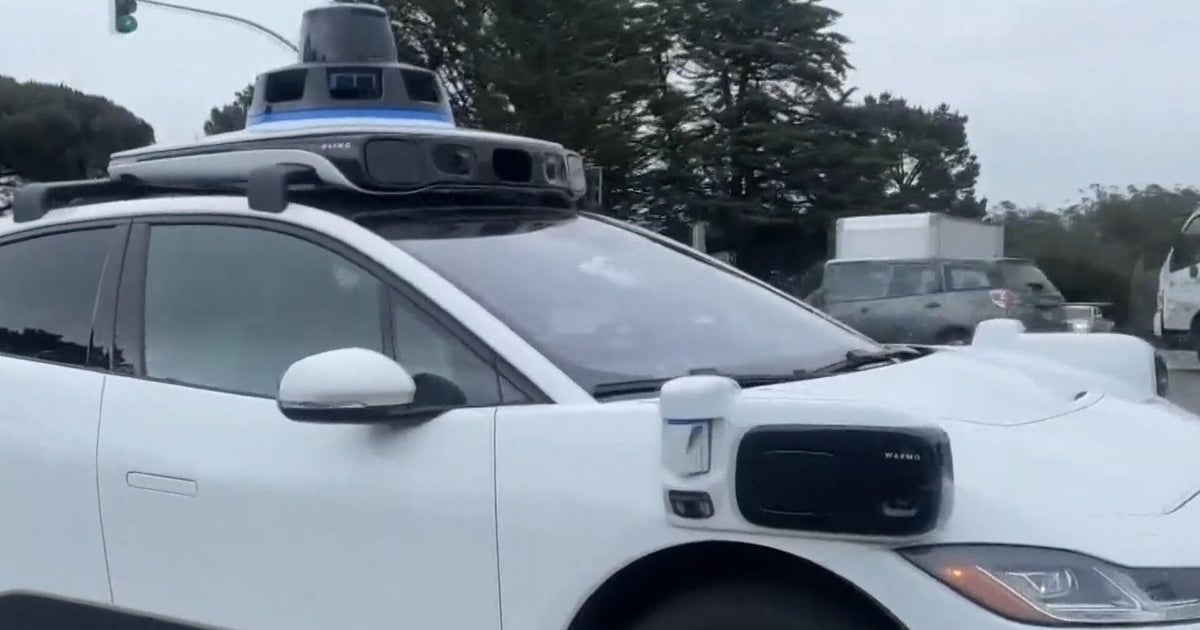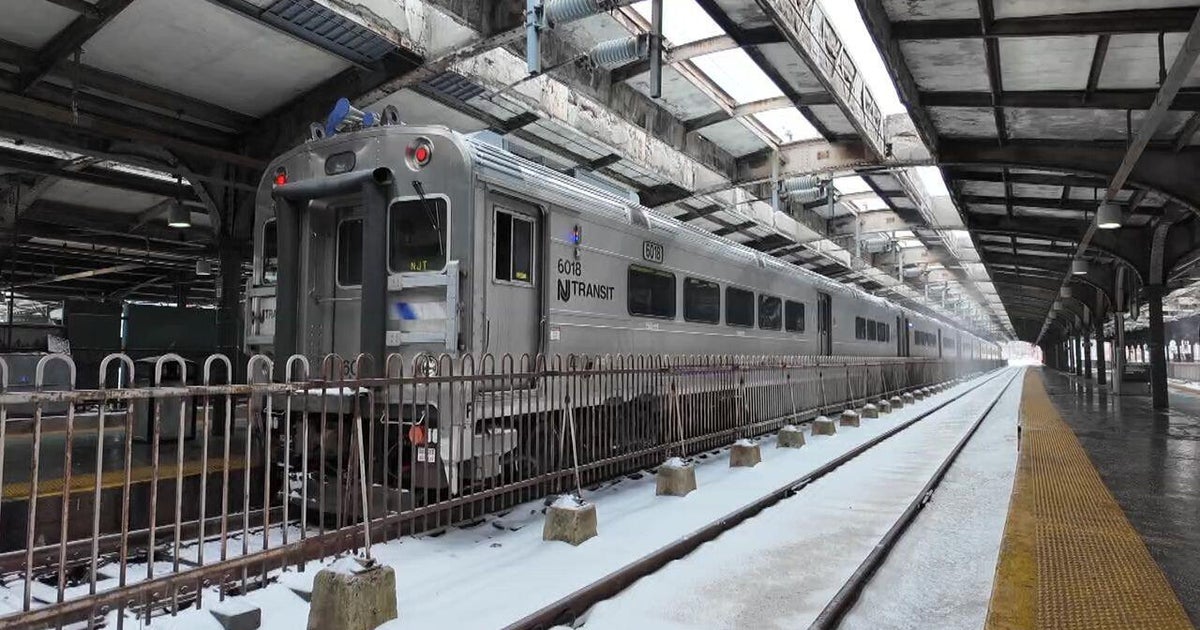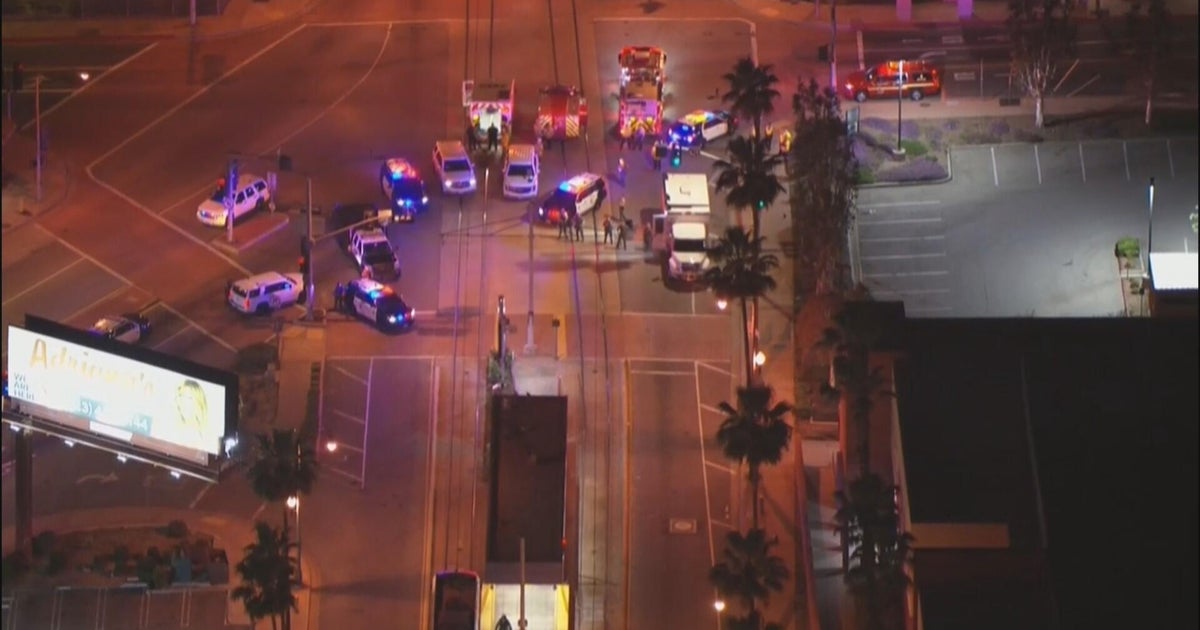As BART turns 50, critics say a futuristic dream was fumbled
OAKLAND (KPIX) -- BART is turning 50 years old this weekend. Before it officially opened in Sept. 1972, transit officials had envisioned a rail system that would cover the entire Bay Area with lines that would also service the South Bay and the North Bay.
While there are no current plans to extend BART into Marin County, the transit agency is slowing expanding into San Jose even though the pandemic has diminished BART ridership.
To celebrate the anniversary and, in an effort to encourage riders to return, BART is doing a 50 percent fare discount for the entire month of September.
One longtime BART worker, who has worked at the agency for 32 years, believes BART will emerge from the pandemic stronger.
Oscar Rodriguez started as a station agent when he was 29 years old. Now he manages station agents and oversees some of the safety operations.
"This has been the most rewarding thing I've ever done in my life. I had an opportunity to play a little bit of professional soccer but BART absolutely was the best thing that could've happened," Rodriguez said.
In his three decades at BART, the transit agency has evolved to become a workhorse that connects the East Bay and San Francisco.
At the height, about 440,000 people were riding BART daily. Ridership went off a cliff after COVID.
BART officials said now, about 40 percent of their ridership has returned on weekdays and 60 percent on weekends.
For all its supporters, BART has plenty of critics.
"Back in 1972, BART promised the customers safe, reliable and clean transportation in the Bay Area and, on all three of those metrics, they have failed -- especially in recent years," said Lawrence McQuillan, a senior fellow at the Independent Institute based in Oakland. Earlier this year, the institute named BART recipient of the California Golden Fleece award.
"The transit system's basically been captured over the years by the labor unions and by the politicians. And BART is more focused on capturing more and more taxpayer subsidies than being attuned to what the customers want," McQuillan said.
He said BART has become expensive and unsafe with a number of robberies and killings.
"Our crime rate is actually extremely low when you consider us a public space. Pretty much any other public space you're going to be in is going to have far higher crime rate than here at BART," said BART spokeswoman Alicia Trost.
One thing supporters and critics can agree on is BART's success is vital to the Bay Area's growth in the next 50 years.
